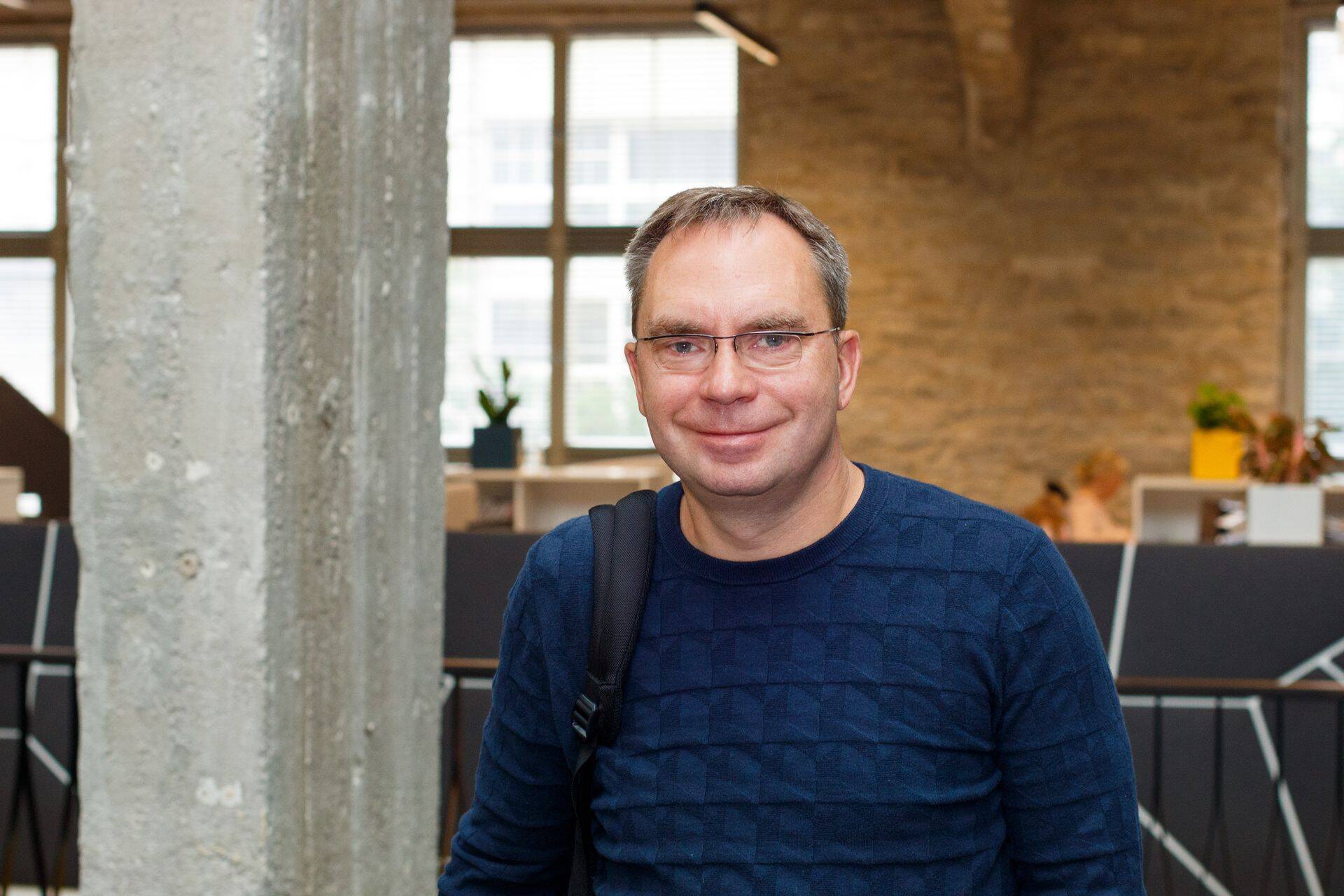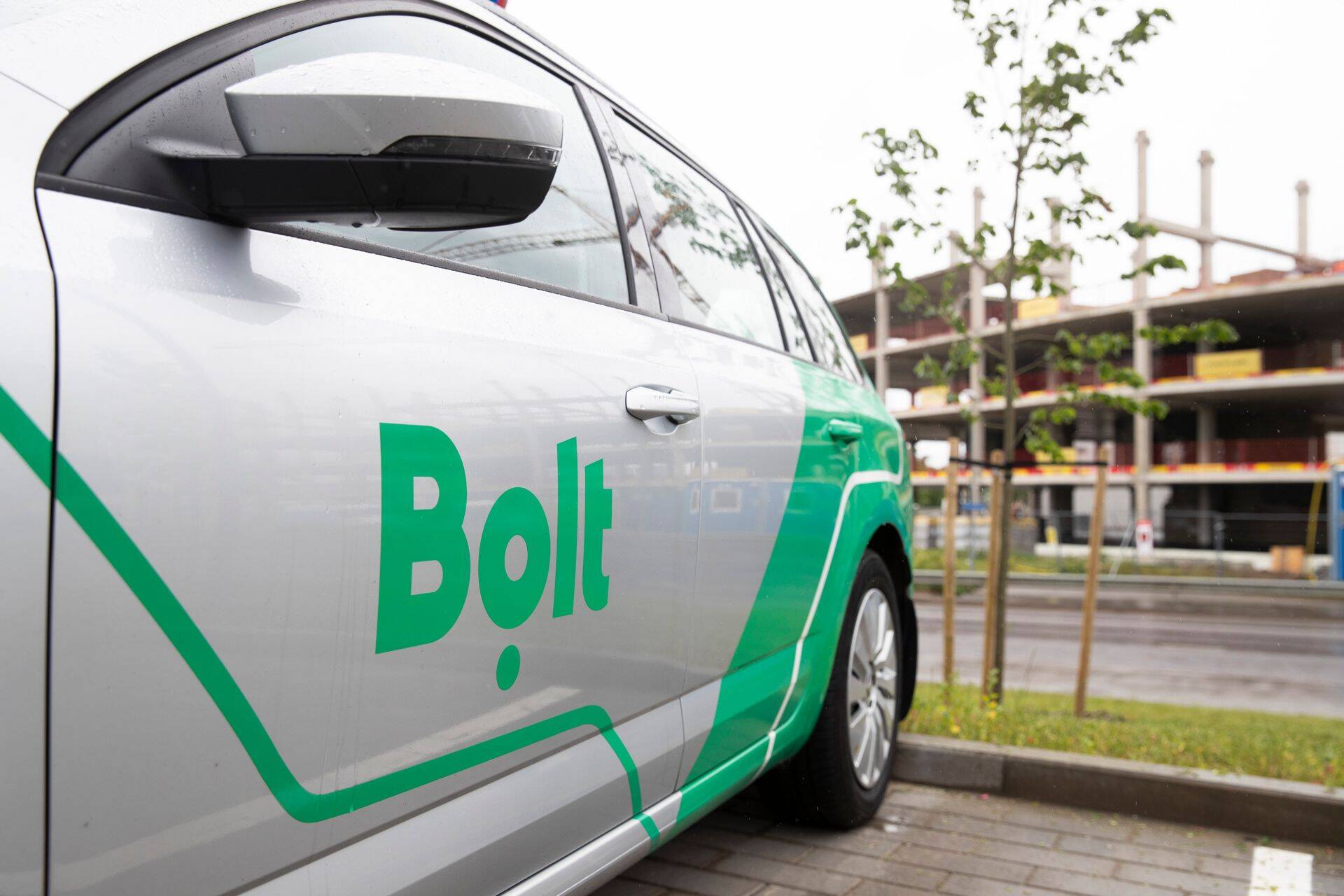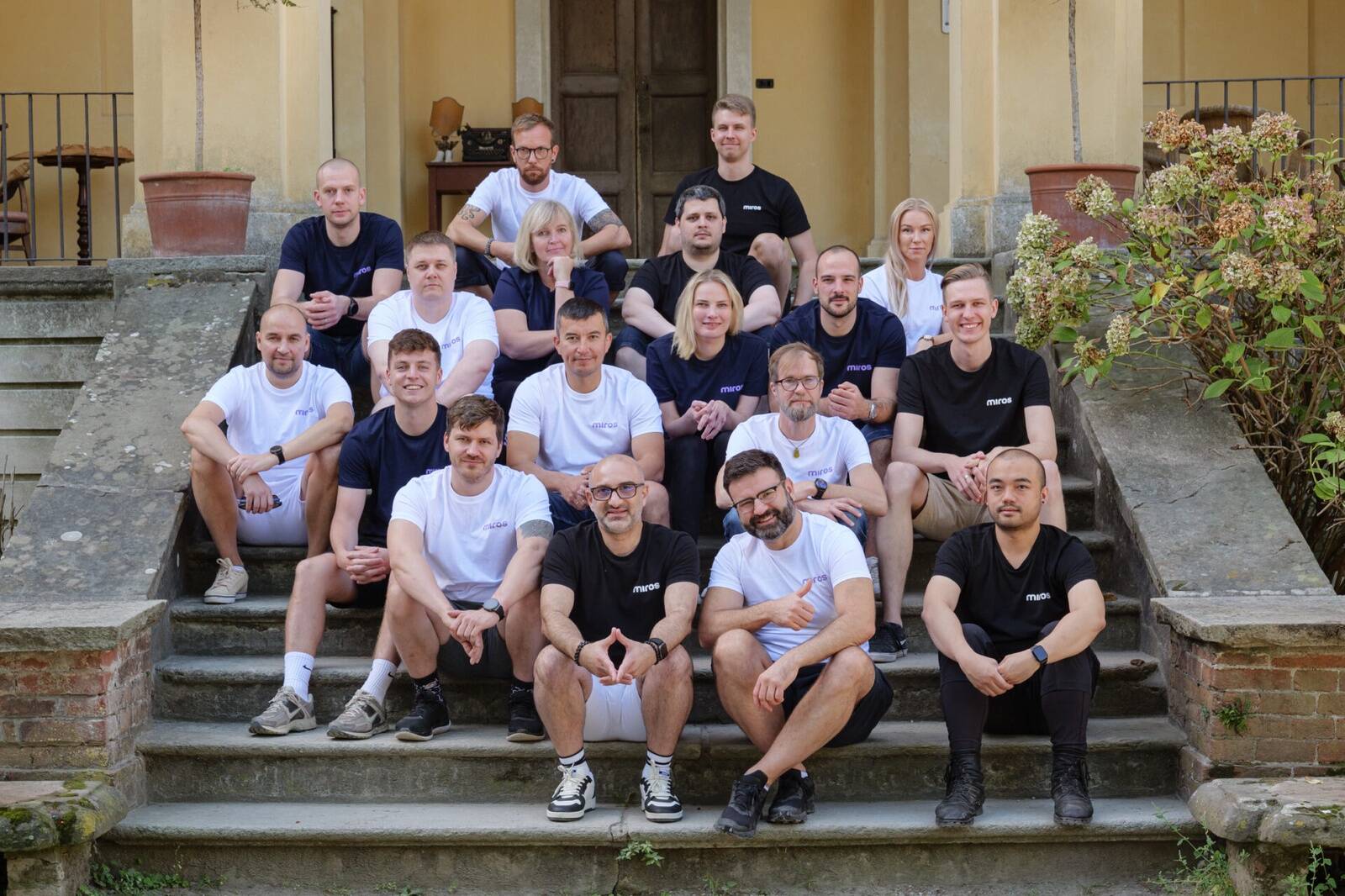- aripaev.ee
- ituudised.ee
- bestmarketing.ee
- kestlikkusuudised.ee
- kaubandus.ee
- finantsuudised.ee
- palgauudised.ee
- personaliuudised.ee
- raamatupidaja.ee
- toostusuudised.ee
- logistikauudised.ee
- ehitusuudised.ee
- kinnisvarauudised.ee
- pollumajandus.ee
- mu.ee
- imelineteadus.ee
- imelineajalugu.ee
- laanevirumaauudised.ee
- kalastaja.ee
- dv.ee
Tähelepanu! Artikkel on enam kui 5 aastat vana ning kuulub väljaande digitaalsesse arhiivi. Väljaanne ei uuenda ega kaasajasta arhiveeritud sisu, mistõttu võib olla vajalik kaasaegsete allikatega tutvumine
Hard Times Fuel Startups, Founders Say
FoundME.io talked to startup founders and investors about the impact of the current economic challenges of the virus outbreak on startups.
Recently, global venture capital firm Sequoia published a letter, on Medium, to the founders and executives of its portfolio companies. The letter called COVID-19 virus the black swan of 2020 and urged companies to review their basic assumptions such as cash runway, fundraising, sales forecasts, marketing, headcount and capital spending.
Allan Martinson, investor and CEO at Xolo, a service platform that facilitates the founding and management of micro-businesses, says that with most crises, people are not reacting to what actually happened, but to what they think will happen. "It is natural that people want to be prepared rather than have regrets later and that in turn feeds the crisis spiral.” According to Martinson, 99.9% of entrepreneurs and investors today speak about the need to be careful.
According to Sten Tamkivi, investor and CPO at Topia, a global mobility management company, macroeconomic volatility also naturally affects startups. “We also have customers who need to feel comfortable enough to buy our products and services. If they are in a difficult situation then obviously it will affect startups,” he said, adding that Estonian startup companies are mainly affected by restrictions on the movement of people. Non-critical flights have been canceled for employees in Topia and those who have returned from travel in risk areas are quarantined and work from home.
Jevgeni Kabanov, an investor and CPO at Bolt, a technology company providing ride-sharing services, said that he sees businesses being affected by the virus containment effort. “We see that supply chains are disrupted, we see that people are going out less. There is definately a change in behaviour which altogether means that the business as usual is disrupted and harder times for a lot of companies,” he added.
According to startup founders and investors, B2B startups selling to large companies have difficulties with sales and getting meetings with customers. Also the conference market is in a difficult situation, because events are being cancelled, and fundraising startups have trouble even getting appointments because physical contact is avoided.
Rando Pärna, co-founder of Trumpauto, a management software for car repair shops and services, and long-term representative of Seed Forum Estonia, says that the consequences of the virus outbreak will have a direct or indirect effect on all companies and more often than not should entrepreneurs review the basic assumptions of their business model.
Some will benefit
Current situation means different things to different companies. Some are not disrupted at all, some will probably see a boost in business and some companies will suffer.
So far Xolo has not been affected by the restrictions to contain the virus, Martinson said, adding: "On the contrary, we have had a very strong March, both because of our developments and perhaps because tele-working and freelancing are now even more relevant."
According to Martinson, companies that offer video-conferencing and tele-working technologies benefit from current situation. Creative approaches are rewarded. Even in the very physical car repair industry, Pärna says, more services can be brought online and the hand-over of vehicles can be done "wisely" - for example, using disinfected key cabinets. According to Tamkivi, services such as cheap international bank transfers or free phone calls tend to be used more in bad times.
Much depends on the balance of your bank account
Every entrepreneur should think about how to adapt their service or product in a way that is broadly relevant to the health and well-being of the society as a whole. Also, it is the time to be thinking about how to prepare the best you can to secure capital.
According to Kabanov, one of the issues of startups, especially early-stage startups, is that they are relatively small and fragile. "All they can do is reduce their spending, lengthen their runway and raise money or call their credit line," he said. According to Tamkivi, entrepreneurs should optimise their fundraising processes. Instead of maximising the terms, the speed of getting money in the bank should take precedence. Pärna believes that changes in marketing strategy due to unexpected events should also be reviewed.
According to Martinson, startups are not always well prepared for such situations. “Classically startups are burning money and usually go through a fundraising every 18 months. Startups that are long overdue for their previous round and were planning to raise money in coming months may be in serious trouble,” he said. Cutting costs often comes at the expense of sales and development and we cannot rule out that some companies will fall victim to the coronavirus, he added. Much depends on the balance of bank accounts and the runway.
If I had only 2-3 month runway today, I would be worried.
"Right now, I would do everything to extend my runway for a few months and cut back on riskier projects," Martinson said, but staying optimistic: “Coronavirus is the first major epidemic where the world is massively responding with the support of technology, be it genetics research and vaccines or technologies that regulate mobility. I believe millions of bright minds are currently working on solutions and next moves, ”he said.
The crisis will not stop startups
According to Tamkivi, one of the strengths of startups is tele-working, as customers and partners are normally spread around the world, and video calls, slack and other tele-communicating tools are quite usual in everyday work. "Having to stay home for a period of time doesn't change the way we do our daily work," he said.
Having to stay home for a period of time doesn't change the way we do our daily work.
In addition, if a startup has private capital and the venture capital round has already been raised, then it will not disappear overnight. The years following the 2008 economic crisis were actually very good in terms of venture capital, Tamkivi said, adding that in bad times people invest heavily. On the other hand companies are cheap. With panic, capital does not disappear from the markets overnight, he said, but investors are more cautious and valuations may go down.
According to Estonian Business Angels Network president Ivo Remmelg, history has shown that in times of crises investment volumes decrease. Promising startups are financed and kept alive, while for new startups fundraising gets more difficult, unless the economic situation puts them in a favourable market position.
According to Martinson, the creation of successful startups has never been stopped by any crisis. What's more, during bad times, many very cool companies have been born. For example, Skype in 2003 and Transferwise in 2011 - just a few years after major crises, he said.
Sequoia Capital is a US venture capital firm focusing on the technology sector. Sequoia has invested in companies with a total market value of $ 1.4 billion today, such as Google, PayPal, YouTube and Whatsapp. Sequoia has a number of mutual funds including India, Israel and China. Sequoia letter to the founders and executives of its portfolio companies was originally published on Medium.
...
FoundME is inviting you on board of a weekly newsletter that will bring you the news and opinion stories from the Estonian startup scene. - Subscribe to FoundME newsletter HERE!
Seotud lood
Tänapäeva veebipoed näevad välja väga erinevad sellest, mis nad olid oma lapseeas, 2000. aastate algul. Üks aspekt on siiski jäänud üllatavalt muutumatuks: navigeerimisloogika. Just sellest stagnatsioonist on võtnud nõuks e-kaubandust välja tuua Eesti startup Miros.
Enimloetud
Viimased uudised
Hetkel kuum
Liitu uudiskirjaga
Telli uudiskiri ning saad oma postkasti päeva olulisemad uudised.
Tagasi FoundMe esilehele











